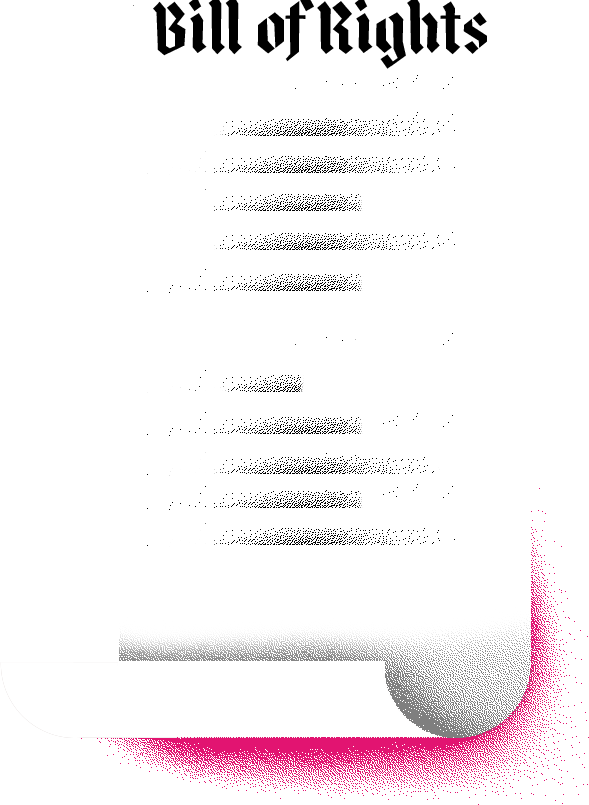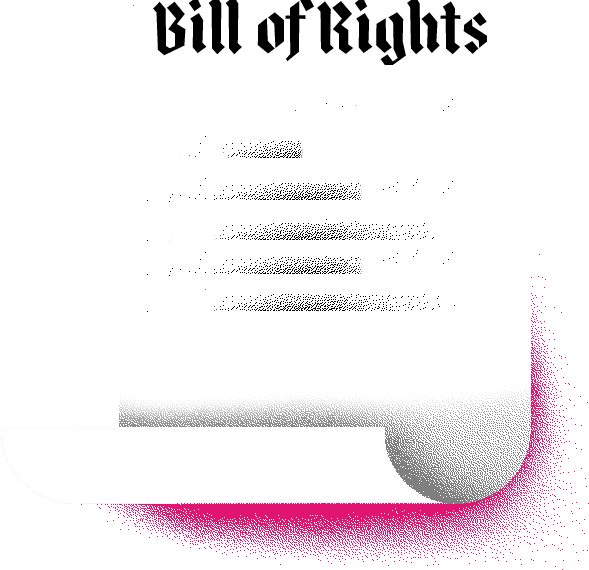Story of an assassination
It all began with bloody conflicts over power and dominance. And in fact democracy would have died out long ago. If it weren’t for...
- It all began with a bloody murder. At least the Athenians of the 5th century BC saw the assassination of the tyrant Hipparchus in 514 BC as the decisive turning point towards democracy in their city. They celebrated his killers as liberators and put up a monument in their honor in the center of Athens. What actual effect the killing had on the development of Athenian democracy is impossible to say from the perspective of today. In reality, democracy was the product of a long period of development.
Popular sovereignty in Athens was based on the active participation of all male citizens, rich and poor. Women, slaves and foreigners were all excluded. Athenian democracy was to last for almost 200 years. The city finally fell to the Macedonians, who took away the citizenship rights of the city’s inhabitants. And that was almost the end of democracy, if it weren’t for...






-
Riots
594/593 BC – The gulf between rich and poor is huge. Riots ensue. The Athenian statesman and lyric Solon is elected into the highest state office to restore piece in the city state. He cancels the debts of the poor and thereby liberates them from servitude under the nobility. All free (male) citizens are allowed to participate and vote in the people's assembly. As a counterweight to the nobility's power, Solon establishes the council of the 400 as well as a people's tribunal. However, the rights of the people to assume a political office are restricted to members of the four wealthy classes. This let's the nobility keep far-reaching influence. Solon writes laws for many spheres of life and has them recorded.
-
Suppression
546/545 BC – A new period of tyranny starts under Peisistratos. In 514 BC, his son Hipparchos is murdered during a festive procession. His brother Hippias consolidates his reign at first, but is forced into exile in 510 BC.
-
Reforms
508/507 BC – With his ideas for profound reforms Kleisthenes can win over many Athenians and gets a mandate to implement these reforms. He performs a reorganisation, allows more political participation for the citizens and thereby weaks the position of nobility. He founds the council of the 500, which is the highest political office. Annual rotation of its members guarantees the highest possible participation of citizens from all regions. The highest offices are still retricted to the upper class of society. In order to secure democracy, individual citizens can be ostracized by a people's vote. This is intended to avoid a new tyranny.
-
Advancement
462 BC – The Areopagis (council of nobles), which is mainly responsible for justice, is deprived of power. Its competences are given to the council of the 500 and the people's tribunals. This advancement of democracy during the nex thirty years is mainly connected with Pericles. As a great orator, he gets elected into many important offices. He introduces daily allowances for participation in the people's assembly and a salary for offices in the council and in tribunals. These are a compensation for missed earnings and therefore allow even poorer citizens to take on offices.




The fate of democracy had almost been sealed. If it weren’t for...
- ... Aristotle. It’s not that he was a champion of democracy or anything like that, but he recorded its existence in his writings. And so the idea of democracy slumbered over the 1900 years of the rule of emperors, kings and feudal lords. Until democracy was rediscovered in modern times. But the philosophers were anything but in unanimous agreement about it. Jean-Jacques Rousseau, for example, championed a direct version of democracy, as had been practiced in Athens. John Locke and Charles Secondat de Montesquieu were among the spiritual founding fathers of the principle of separation of powers and of representative democracy.




The great breakthrough in England
- One great step on the way to democracy was taken in 1689 by the people of England, who managed to wrest a "Bill of Rights" from their King in that year. In the document they forced him to agree were set out the rights of parliament in relation to the king, also listing out for the very first time a set of inalienable rights for citizens. This spark was to spread into other countries, including France and Germany, for example, and was to find expression in the revolutions of the 18th and 19th centuries. Developments in England were also influential on the emergence of democracy in the United States. About 100 years after the conclusion of the “Bill of Rights,” the first representative democracy under the principle of separation of powers was born with the foundation of the United States of America. Universal male suffrage was introduced in such countries as the USA, France and Switzerland towards the middle of the 19th century. The suffrage for women was to take much longer. Democracy was only to see its definitive victory after the Second World War – 2,500 years after its original invention and birth in Athens.
Digital democracy –
the network changes
everything
- In modern democracies we elect representatives who govern on our behalf, and who discuss and agree the laws of our countries (under a system we call representative democracy). With the coming of the concept of digital democracy in the information age, it may well be that the circle comes round again to a direct model of democracy. Because the internet provides us with new opportunities for further developing and shaping democracy.
The concept of “liquid democracy,” for example, proposes that each voter may choose between agreeing new laws directly online and lending their vote to the representative of their choice – to a politician they trust or simply to a friend. Under such a system you are always free to choose when you want to vote yourself and when you’re happy to pass the right on to your chosen representative. Whether such a concept is practicable must be called into question. But such considerations show that the network could allow more participation and bring us closer to direct democracy: how the Athenians gathered on the hills before Athens to decide on laws, we gather in the network - only virtually. But digital democracy means much more than this. More on this in “Democracy reloaded.”